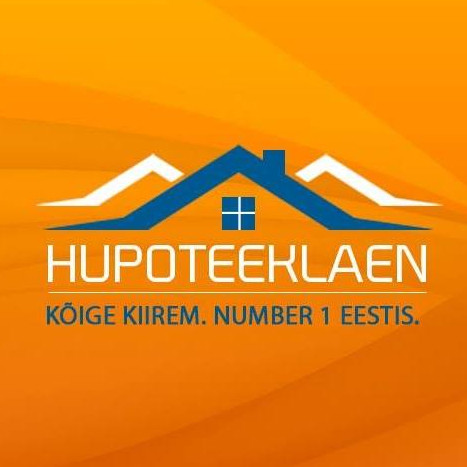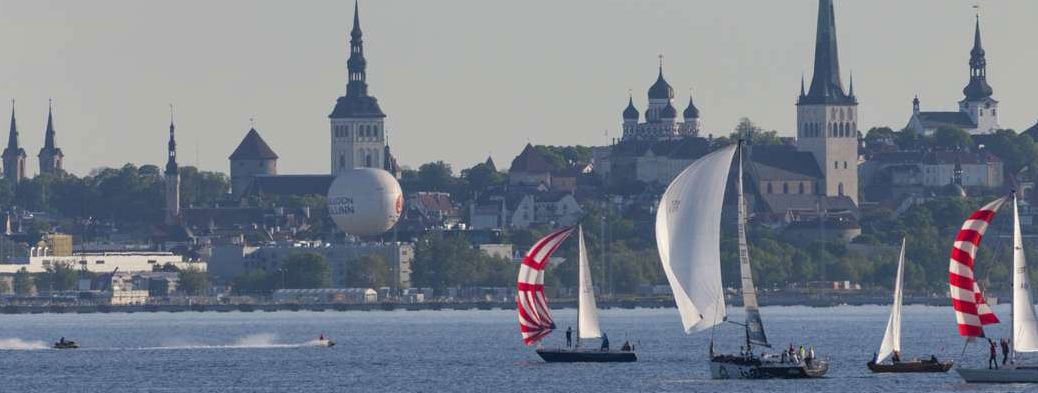Understanding the real estate market in estonia
Estonia, a vibrant and rapidly developing country in Northern Europe, has become an attractive destination for real estate investors. With its strategic location, robust economic growth, and progressive digital infrastructure, Estonia offers a dynamic real estate market that caters to both local and international investors. Understanding the nuances of this market is crucial for anyone looking to invest in Estonian real estate.
Key Factors Influencing the Market
Estonia's economy has been one of the fastest-growing in the European Union, characterized by a stable macroeconomic environment and a high level of digitalization. This economic stability has fostered a favorable climate for real estate investments, with increasing demand for both residential and commercial properties.
The Estonian government has implemented several policies to encourage real estate development and investment. These include favorable tax regimes, streamlined property registration processes, and incentives for sustainable building practices. Understanding these regulations is essential for investors to navigate the market effectively.
Foreign investors play a significant role in the Estonian real estate market. The country's open economy and transparent legal framework make it an attractive destination for international capital. Foreign investment is particularly prominent in the commercial real estate sector, contributing to the development of modern office spaces and retail centers.
Types of Real Estate in Estonia
The residential real estate market in Estonia is diverse, ranging from urban apartments in Tallinn to countryside homes. The demand for residential properties is driven by urbanization, a growing middle class, and an increasing number of expatriates relocating to Estonia.
Commercial real estate in Estonia includes office buildings, retail spaces, and hospitality establishments. The sector has seen significant growth, particularly in Tallinn, where the demand for modern office spaces and retail centers is high.
Estonia's industrial and agricultural land offers opportunities for investors interested in sectors such as logistics, manufacturing, and agriculture. The country's strategic location and well-developed infrastructure make it an ideal hub for industrial activities.
Trends in the Estonian Real Estate Market
Urbanization is a key trend shaping the Estonian real estate market. Major cities like Tallinn and Tartu are experiencing increased demand for residential and commercial properties, driven by population growth and economic development.
Estonia is at the forefront of digital innovation, and this is reflected in its real estate market. The adoption of smart home technologies and digital solutions in property management is becoming increasingly common, enhancing the appeal of modern residential and commercial properties.
Sustainability is a growing trend in the Estonian real estate market. Developers are increasingly incorporating green building practices and energy-efficient technologies into their projects, aligning with global trends towards environmentally responsible construction.
Challenges and Opportunities for Investors
Like any real estate market, Estonia's market is subject to volatility. Investors must be aware of potential risks, such as economic fluctuations and changes in government policies, and develop strategies to mitigate these risks.
Financing is a critical aspect of real estate investment. Estonia offers a range of mortgage options and financial products to support investors. Understanding these options and securing favorable terms is essential for successful investment.
Investing in Estonian real estate requires a long-term perspective. Identifying emerging trends, such as urbanization and technological advancements, and aligning investment strategies with these trends can yield significant returns over time.






Comments (0)